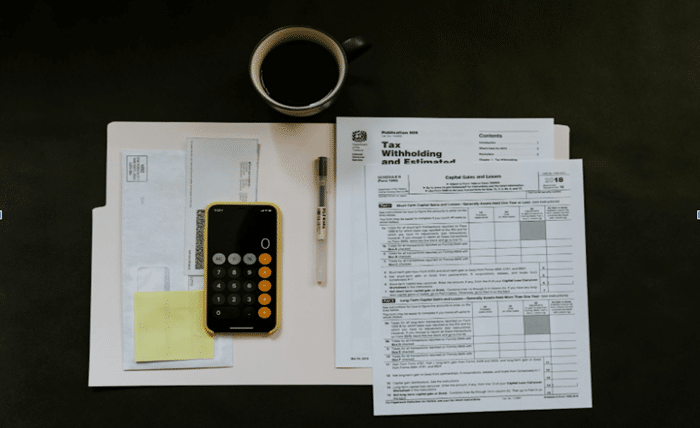
The Internal Revenue Service is not known for its patience. Interest compounds, penalties bloom, and suddenly a bill that once looked manageable begins to resemble experimental modern art. We can, however, strip away the drama. Below are eight practical moves that chip away at tax debt without leaving us awake at two in the morning wondering whether the dog can be claimed as a dependent.
- Finance strategically with a tax debt loans option
Banks and specialty lenders quietly offer short-term tax debt loans built for settling tax balances. Rates often beat IRS penalty rates, which hover near credit-card territory. A fixed monthly payment provides predictability, and the debt stops snowballing the moment the IRS is paid. As with any loan, read the fine print, compare annual percentage rates, and avoid stretching the term so long that you outgrow your accountant.
- Set up an IRS Installment Agreement
Requesting a payment plan directly from the source can feel like paying rent to your least favorite landlord, yet the process is straightforward. Online applications cover balances up to $50,000. Automatic drafts come out monthly, avoiding late-night check writing. Keep every payment on schedule; one misstep puts the agreement in default faster than a toddler drops an ice-cream cone. For businesses dealing with international clients, services like export factoring singapore can provide similar peace of mind by managing receivables and ensuring steady cash flow.
- Explore an Offer in Compromise
Qualifying taxpayers may settle for less than the full amount owed. The IRS checks income, expenses, equity, and future earning power. If the numbers show genuine inability to pay, an offer might be accepted. Expect paperwork rivaling a small novel and scrutiny that would impress a detective. When accepted, though, the slate is wiped clean and interest stops, which feels suspiciously like winning a game nobody enjoys playing.
- Request Currently Not Collectible status
When cash flow is tighter than a jar lid fresh from the factory, the IRS can label the account “CNC.” Collections halt, wages remain untouched, and you buy time to regroup. Interest still accrues, so this is no beach vacation, yet it prevents immediate levies. Reevaluate annually; the IRS certainly will.
- Transfer the balance to a 0 percent credit card
Some cards offer a promotional window up to eighteen months. Move the tax bill, pay a small transfer fee, and tackle principal before the interest clock restarts. This route rewards discipline. Miss one payment and the teaser rate vanishes, leaving you with a balance that compounds like rabbits in spring.
- Borrow against a 401(k) or IRA, carefully
Retirement plans sometimes allow loans or hardship withdrawals for tax payments. A loan avoids penalties if repaid on schedule, while a withdrawal can trigger its own tax event. Use only after running the numbers twice and confirming that future-you will still be able to retire before holographic bingo becomes popular.
- Monetize a side hustle and automate the proceeds
Whether driving ride-shares or selling vintage sneakers, dedicate the extra income solely to the debt. Set up an automatic weekly transfer to the IRS or the lender holding your tax loan. Automation removes temptation, and watching the balance drop becomes mildly addictive, in a wholesome spreadsheet-friendly way.
- Adjust withholding or quarterly estimates
A high tax bill often signals under-withholding. Increase payroll withholding or send larger estimated payments to prevent the same cycle next year. It feels counterintuitive to pay more now, yet future April will thank present-day you for keeping surprises confined to birthdays.
Tax debt rarely dissolves on its own, and stress thrives in uncertainty. Choosing a method, mapping the payments, and sticking with the plan turns a looming problem into a series of scheduled line items. We pay off the balance, interest stops eating our lunch, and life proceeds with one fewer envelope we dread opening.




